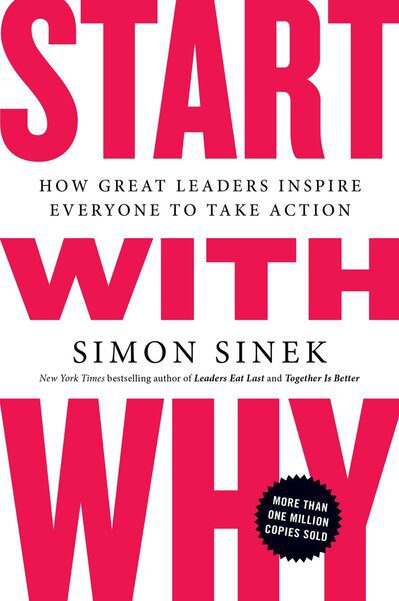In Start with Why: How Great Leaders Inspire Everyone to Take Action, British-American author Simon Sinek shows that the leaders who’ve had the greatest influence in the world all think, act, and communicate the same way — and it’s the opposite of what everyone else does. Sinek highlights purpose-driven leaders such as Dr. Martin Luther King Jr, John F Kennedy, Steve Jobs, The Wright Brothers and companies (Apple, Harley-Davidson, Disney, Southwest Airline) as models of how a purpose can be created to inspire a culture together, away from the manipulative society we live in today.
His TED Talk based on START WITH WHY is one of the most watched TED video of all time.
